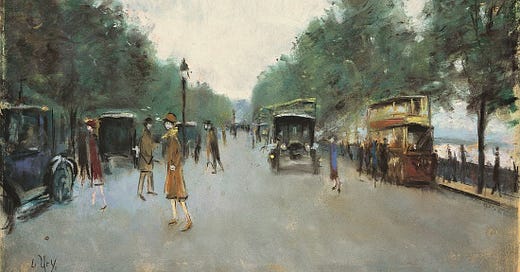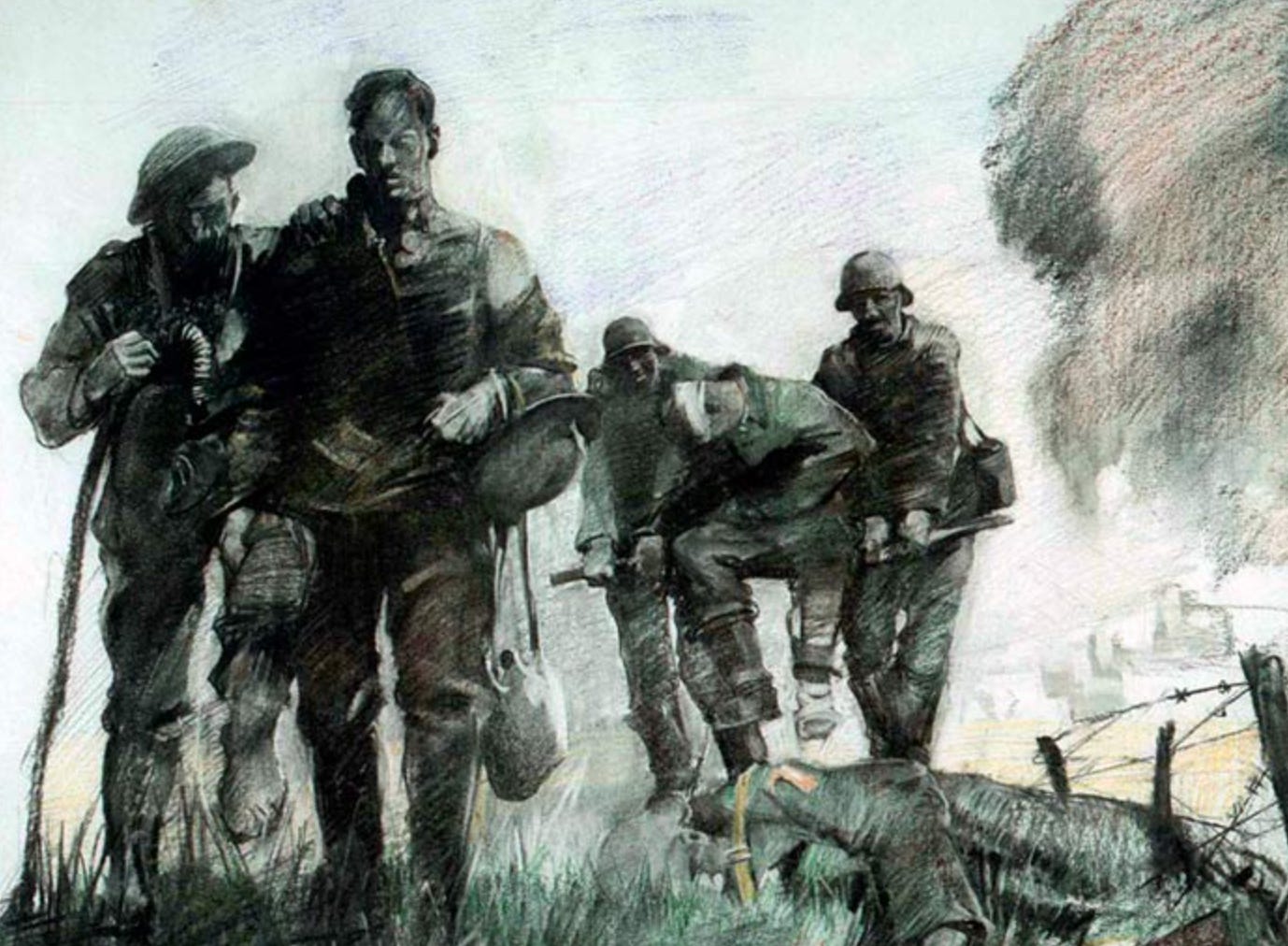The 21st March is World Poetry Day. Poetry has a unique ability to express thoughts & emotions in a concise, lyrical manner, that is rarely possible with prose. The rhythmic and rhyming nature of (most) poems can make them memorable, evoking emotions and leaving a lasting impact. Poems can provide solace in times of grief and joy.
Some of my thoughts and recollections from Scotland. I hope they will encourage you to share your own Motley Stories about the everyday things in your life, and how things change. Our ordinary lives will one day become significant and contribute to history. So, let’s share our stories, capture them in photos, and preserve them for future generations.
How things have changed
Storytelling has been significant to every civilisation. Stories preserve the values, beliefs, traditions, and experiences of a culture. Prior to the development of the written language, oral traditions played a crucial role in keeping history alive through storytelling. When troubadours roamed the British countryside telling stories and sharing news with isolated communities, they also sang. The combination of music and lyrics1 was not only entertaining, but also meaningful and memorable.
The Ancient Greeks believed that memorising poetry improved the mind. Much later, in 19th century Britain, when for the first time the majority of children began to attend school, most learning was by rote2, and included memorising poetry. Children continued to memorise poetry as part of their curriculum, well into the 20th century3.
I love the phrase ‘learnt by heart’, since that is what many of the memorised poems mean to people. Many folk in their 80s and 90s can still remember poems they learnt in their youth, even if the rebelled against learning them at the time. One poem the children learnt was Rudyard Kipling’s ‘If’. It was supposed to inspire a positive ‘British’ mindset. Here is one verse from Kipling’s poem, click on the title to read the full poem.
If by Rudyard Kipling (1910)
"If you can dream—and not make dreams your master;
If you can think—and not make thoughts your aim;
If you can meet with Triumph and Disaster
And treat those two impostors just the same;
If you can bear to hear the truth you’ve spoken
Twisted by knaves to make a trap for fools,
Or watch the things you gave your life to, broken,
And stoop and build ’em up with worn-out tools:"Poems provide insight into a culture, serving as a reflection of the perceptions and attitudes of the time. During my teenage years, I was captivated by Tennyson's poem ‘The Lady of Shalott’. The poem hints at societal norms of the time, and the consequences of challenging them that were prevalent in the 19th century. Reading it 150 years later, I was oblivious to the underlying themes. I just thought the poem was sooooo romantic. Here is one verse from Tennyson’s poem, click on the title to read the full poem.
The Lady of Shalott by Alfred, Lord Tennyson (1832)
"She left the web, she left the loom
She made three paces thro' the room
She saw the water-flower bloom,
She saw the helmet and the plume,
She look'd down to Camelot.
Out flew the web and floated wide;
The mirror crack'd from side to side;
'The curse is come upon me,' cried
The Lady of Shalott."However, the idealised world of the Victorians & Edwardians was shattered by the horror of the First World War (1914 -18). The brutal, dehumanising reality of battle, led to disillusionment and anger towards the European establishment. Here are a couple of excerpts from Owen’s poem, click on the title to read the full poem.
"Dulce et Decorum Est" by Wilfred Owen (1917)
"Bent double, like old beggars under sacks, Knock-kneed, coughing like hags, we cursed through sludge, Till on the haunting flares we turned our backs, And towards our distant rest began to trudge. Men marched asleep. Many had lost their boots, But limped on, blood-shod. All went lame; all blind; Drunk with fatigue; deaf even to the hoots Of gas-shells dropping softly behind."
The poem ends …
"My friend, you would not tell with such high zest To children ardent for some desperate glory, The old Lie: Dulce et decorum est Pro patria mori."
“Dulce et decorum est pro patria mori” is a latin phrase from the Roman poet Horace. It means “it is sweet and fitting to die for one’s country.”
Poetry is a reflection of the way we live; it creates a link between generations.
As a neonatal nurse I would sometimes attend a birth (if the baby was known to need medical aid), and I was always struck by the baby’s harsh introduction into the world. The baby is pushed from a safe, dark and warm haven, into a cold, harsh and brightly lit world. For the first time it has to breathe, and the baby’s first emotion in this new environment is to cry.
The beauty of a poem lies in its ability to convey different meanings, and resonate differently with each individual. I personally found this poem reflected my feelings and observations about childbirth. Here is one verse from MacNeice’s poem, click on the title to read the full poem.
Prayer before Birth by Louis MacNeice
"I am not yet born; O hear me. Let not the bloodsucking bat or the rat or the stoat or the club-footed ghoul come near me. I am not yet born, console me. I fear that the human race may with tall walls wall me, with strong drugs dope me, with wise lies lure me, on black racks rack me, in blood-baths roll me."
On a lighter topic - I can only remember one poem that I learnt as a child.

I was probably drawn to the rhythmic flow of this poem, and the concept of a child having power over their mother! Looking back as an adult I recognise James James Morrison Morrison (commonly known as Jim), as the pompous, precocious child he was. I imagine his mother was relieved to have a break from his strictures! Here is one verse from the poem, click on the title to read the full poem
Disobedience by A.A.Milne (1924)
"James James Morrison Morrison Weatherby George Dupree. Took great Care of his Mother, Though he was only three. James James Said to his Mother, "Mother," he said, said he; "You must never go down to the end of the town, if you don't go down with me."
Do you have a favourite poem? Have you memorised it?
Other viewpoints
Why learning poetry by heart is good for you. “The overarching conclusion of the project is that committing a poem to memory appears to have real benefits.”
Penguin’s Poems by Heart compiled by Laura Barber, is an excellent place to start if you want to learn some poems.
A selection of favourite poems, quotes, and passages from literature, philosophy, and psychology.
Is there a difference between poetry and song lyrics? This article discusses the differences.
Rote learning is a memorisation technique based on repetition.
The requirement for school children to learn and recite poetry was dropped from the UK curriculum in 1944. In 2012, memorisation and recitation were added as statutory requirements on the primary school curriculum in England.





